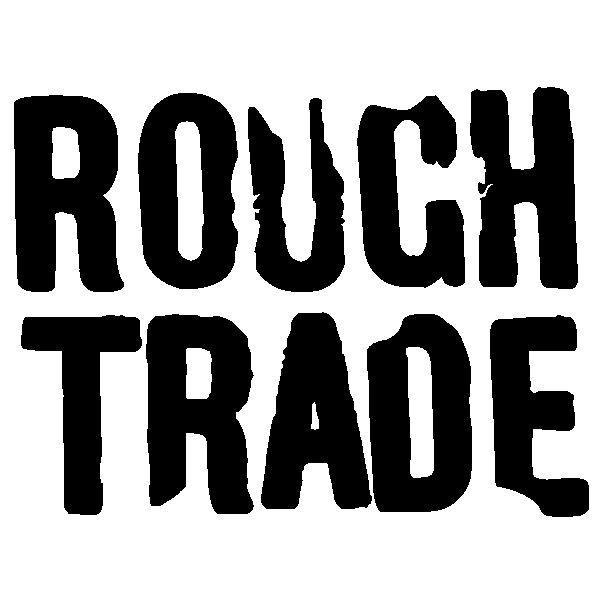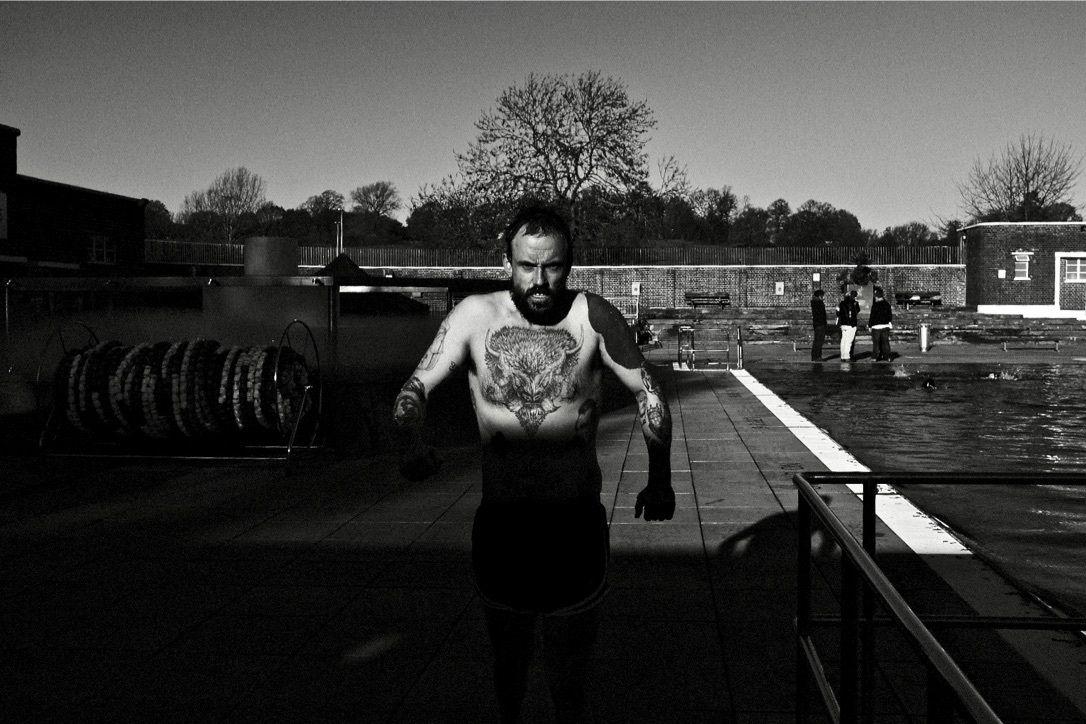A label defined by the artists they work with.
Fontaines DC’s gritty, poetic debut Dogrel, and Idles’ violent, chaotic second LP Joy As An Act Of Resistance make up two of the 12 places on the Mercury Prize shortlist for 2019, and Partisan was behind them both.


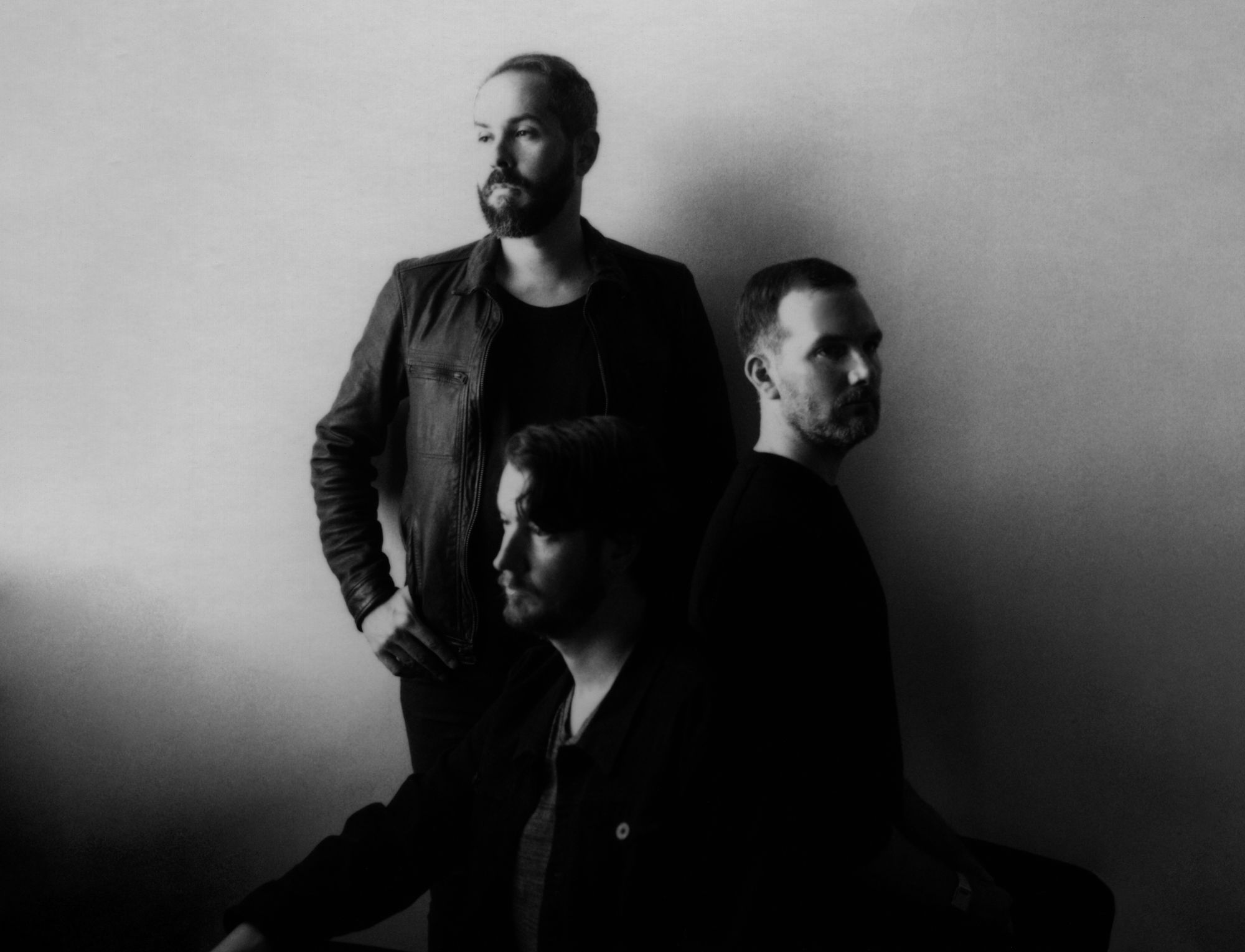


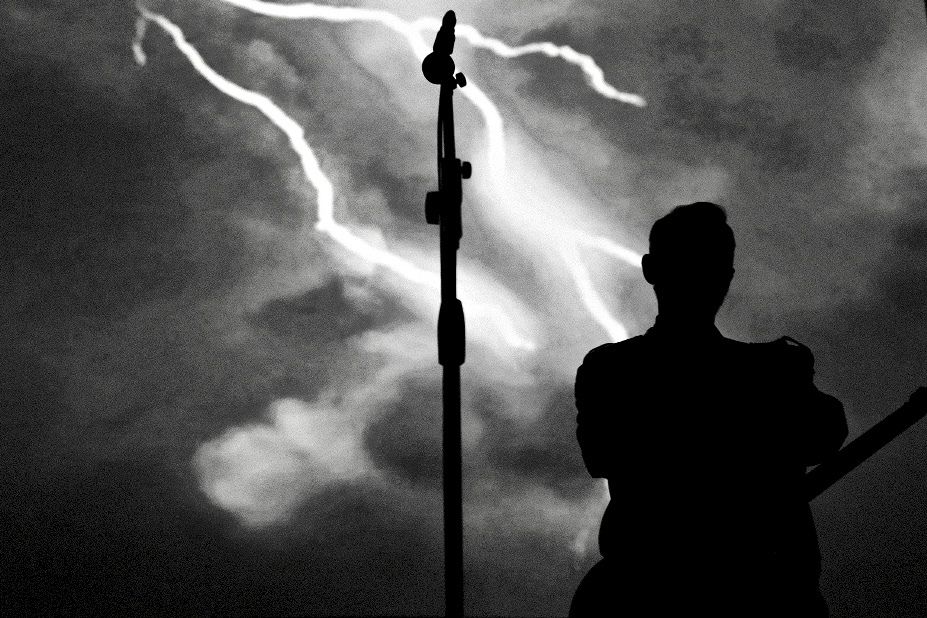



Since Tim Putnam and Ian Wheeler formed the label in 2007, Partisan has been at the forefront of championing the most unique voices in music across all genres, with a commitment to fight for their artists at the core. It seems that since the beginning the two founders have had their ear to the ground, finding artists at just the right time and pushing them straight to the top.
We talked with Partisan co-founder Tim Putnam to get the full scoop on the ideals and characteristics that make Partisan Records.
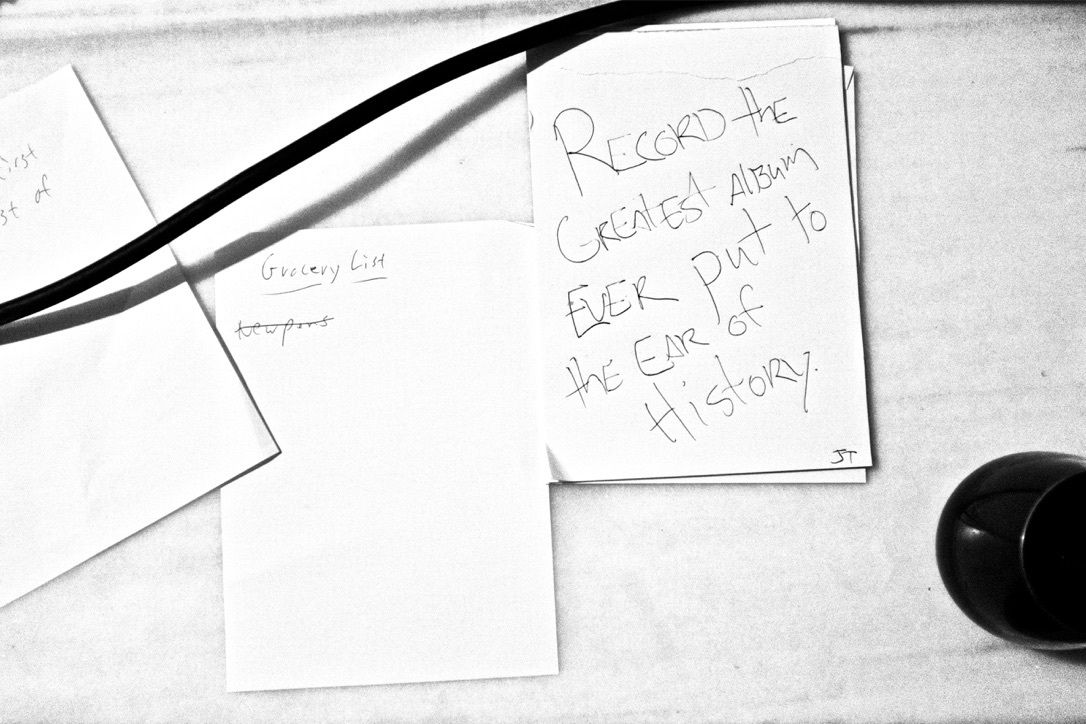
PJ Harvey signing to an indie after three decades on a major is a pretty big flex - can you say a few things on how that came into place?
We have a positive relationship with Polly's management company, ATC. They shared I Inside The Old Year Dying with us, and the depth of the writing was immediate. The album felt therapeutic and timeless, albeit dreamlike. We had a video call with Polly to discuss the album, and later met in person. It felt like we were aligned, and subsequently started working together.
When did you know Partisan was going to be more than an apartment operated record label?
When we rented our first office in Brooklyn.
Favorite *pinch me* moment of Partisan?
Each time I get to listen to finished music prior to it being released, and before anyone else has heard or critiqued it, is a favorite moment.
The name Partisan comes from the Leonard Cohen song “The Partisan,” can you speak more on the inspiration behind the name and how it came about?
Leonard Cohen is one of my favorite lyrical songwriters. The idea of a "partisan" as a strong supporter of a cause, who is willing to fight for it, made sense to me at the core of what Partisan Records should be.
If you could sign an artist from any period of history out of the blue right now who would you grab?
King David
Partisan has an extensive catalog of releases, is there a particular album that you feel deserves more recognition but got lost in the shuffle?
Yes, there are a few:
Nico Yaryan - What A Tease
Eagulls - Ullages
LUMP - Animal
Mercury Rev (featuring: Phoebe Bridgers, Norah Jones, Lucinda Williams, Hope Sandoval, Rachel Goswell, Carice van Houten, Laetitia Saeder, Margo Price, Susanne Sundfør, Vashti Bunyon, Marissa Nadler, Beth Orton) - Bobby Gentry's The Delta Sweete Revisited
Pottery - Welcome To Bobby's Motel
Spike Fuck - The Smackwave EP
The Amazing - Gentle Stream, Picture You, In Transit, Ambulance
Molly Sarle - Karaoke Angel
BOBBY - BOBBY
FREEMAN (Gene Ween) - Freeman
Westerman - Your Hero Is Not Dead
Holy Sons - In The Garden, Decline Of The West Vol. I & II
The Wytches - Annabel Dream Reader
Violents + Monica Martin - Awake And Pretty Much Sober
Body Type - EP1, EP2
Lumerians - Transmalinnia, High Frontier
Pure Bathing Culture - Moon Tides
Paleo - View Of The Sky
Seun Kuti & Egypt 80 (co-produced and arranged by Brian Eno) - From Africa With Fury: Rise
Craig Finn - I Need A New War, All These Perfect Crosses
Flock Of Dimes - If You See Me, Say Yes
Callers - Life Of Love
Diamond Rugs - Diamond Rugs
Lontalius - I'll Forget 17
Erika Wennerstrom - Sweet Unknown
Dolorean - The Unfazed
Emily Wells - Mama
Goon - Heaven Is Humming
What is something you look for when signing new artists to the label? How has this process changed for you over the years?
I search for people I like, who can help me feel something familiar yet new, and who I can have a trusting relationship with creatively. Over the years, I don't think my core process of discovery has changed professionally, but I’m consciously now more realistic about the overall commitment related to developing an artist.
What is the most exciting aspect of the state of indie music in 2023?
The generation of artists coming up who've experienced instantaneous access to information, let alone art, as commonplace.
How has vinyl played a part in the rise of Partisan’s independent artists and what role would you like to see it continue to play?
Having something tangible is of value in a world where most people increasingly pay a premium to experience as much as possible, and own relatively little, especially when they are young. For years, the most treasured possessions a lot of my friends had were a combination of instruments / gear, and their record collection. Buying and displaying vinyl is a way of expressing who you are. It is a way to build something of worth over the years, one record at a time, which eventually tells a particular part of an owner's story. That has value on multiple levels, and vinyl releases simply play a role in helping create those stories.
